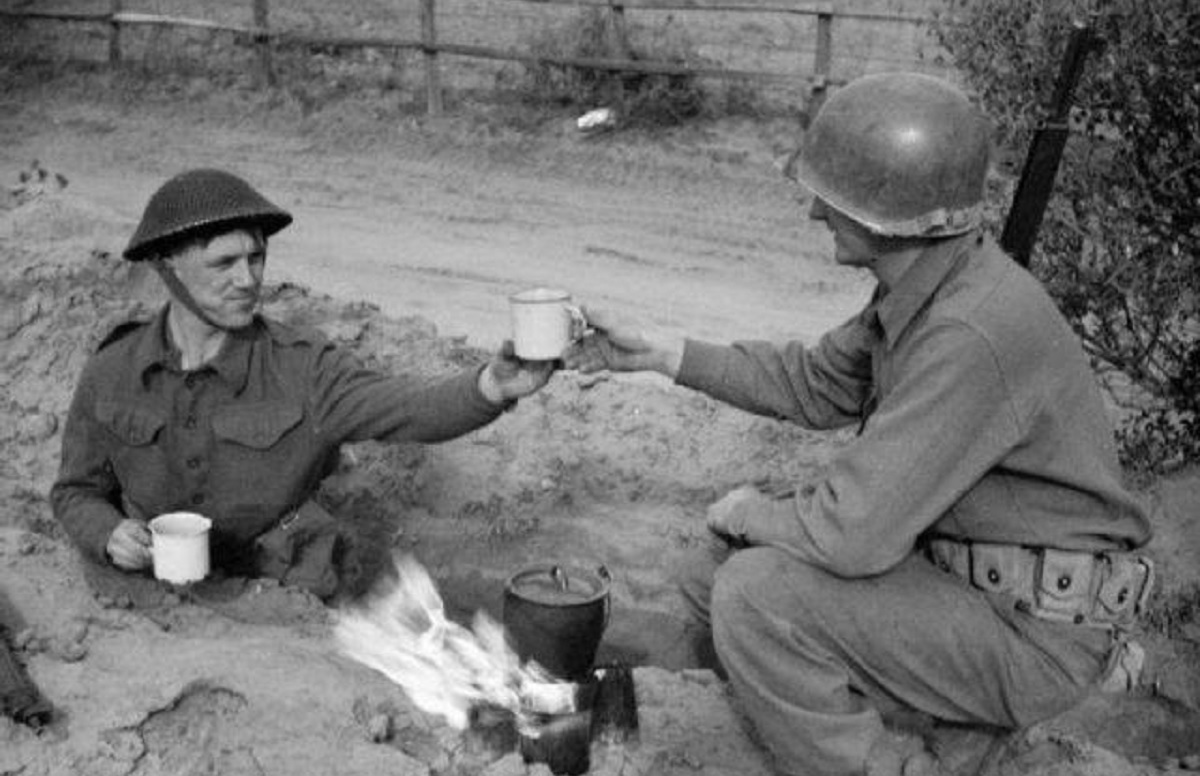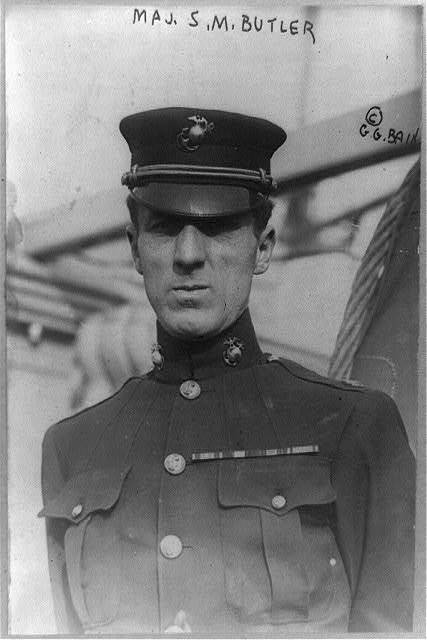
What do warriors drink? Muddy water that tastes like turpentine? Whiskey? Yes, and yes. But what was the beverage of empire? The vast, interminable Steppe? The patties and pagodas?
You’ve probably heard of the movement to make sure that goods like coffee and chocolate are fair trade – that they treat growers and producers fairly and pay a decent wage.
But Rakkasan Tea Company, a veteran-owned tea distributor, is out to help countries heal from the scars of war by producing tea.
Think tea is for parties with make-believe unicorns, or people with “parlors” who put their motor-cars in the “gair-ahge”?
Think again, sunshine. At least that’s what Rakkasan co-founder and CEO Brandon Friedman says. “My introduction to hot tea wasn’t tea and crumpets. It was drinking tea with Iraqi and Afghan fighters between missions. It’s how we bonded.”
They’re in good company. Warriors like the samurai, Mongols, Vikings, and Celts drank tea in various forms, from green and white teas in Central and East Asia to herbal concoctions in the forests of Northern Europe.
The antioxidants in tea can help reduce free radicals in the bloodstream, and the caffeine promotes energy and clarity of thought.
Back in 2017, Rakkasan started selling premium, loose-leaf tea that is produced in countries that are recovering from conflicts, like Laos, Nepal, Colombia, Burma, Sri Lanka, Ethiopia, Rwanda, and Vietnam.
Their goal, according to their website, is to “import solely from carefully selected estates in post-conflict countries to promote peace and economic development.”
The company got its start from a Kickstarter campaign. Friedman described it this way:
“We knew from our military experience how difficult the path to recovery for communities can be, so we figured we could not only promote peace and economic development by helping farmers in those areas reach the U.S. market, but we could also bring American tea enthusiasts flavors and aromas they’d never experienced.”
Check them out here!



